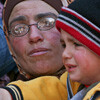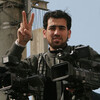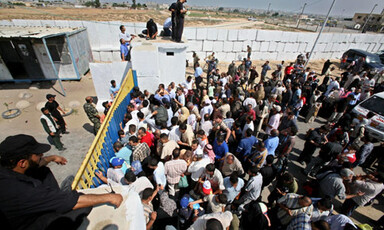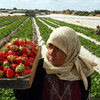
Israel's family unification gesture not a change in policy
14 August 2008
Since October 2007, Israel has approved 31,830 requests for family unification in the West Bank and Gaza Strip. This is the first exception in Israeli policy on this issue since September 2000, when Israel froze family unification procedures and the granting of visitor’s permits. The approvals, which were given in the framework of Israeli-Palestinian political negotiations, were described as a gesture, and not a change in policy. Read more about Israel's family unification gesture not a change in policy








